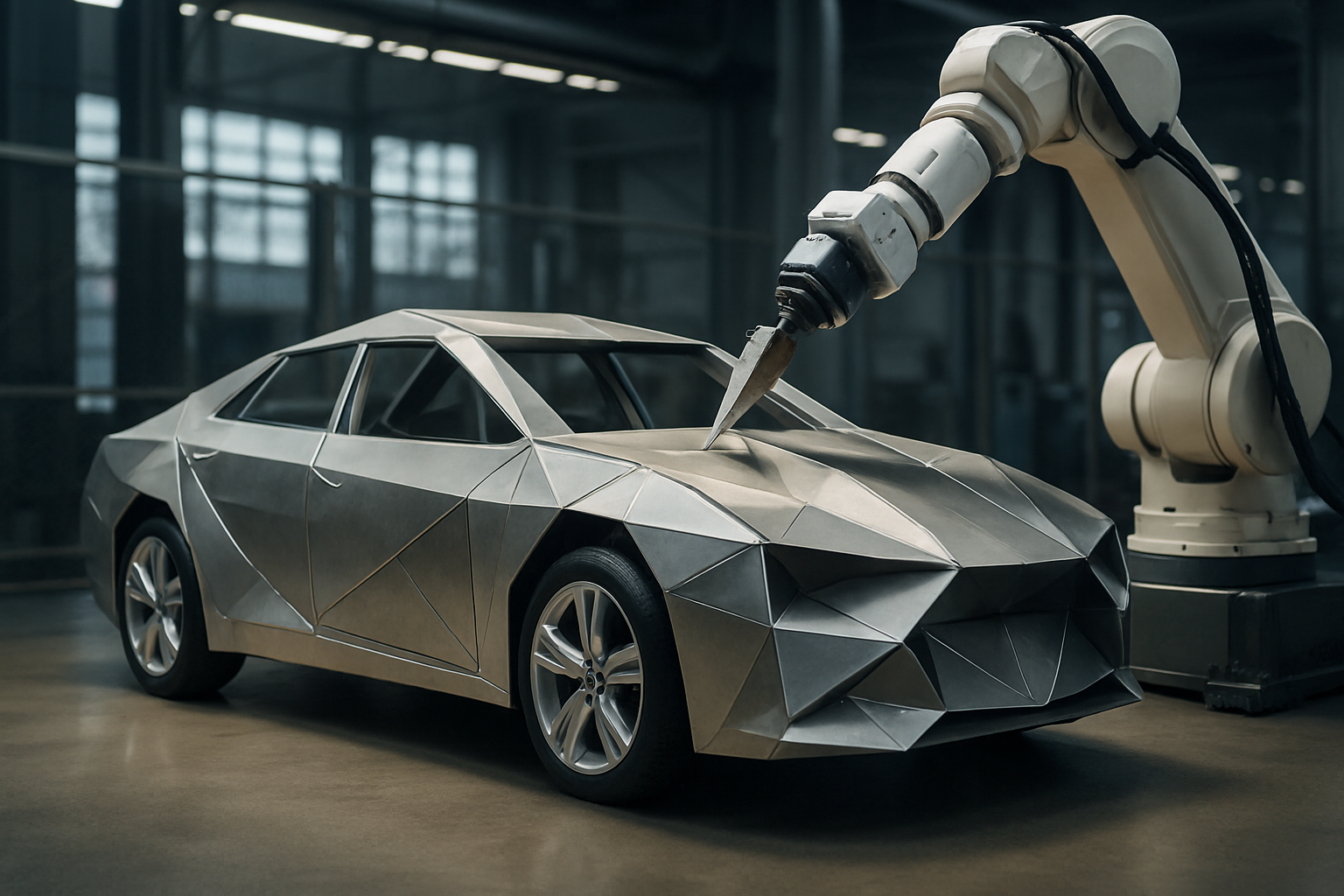Quantum Computing's Role in Advancing Vehicle Design
The fusion of quantum computing and automotive engineering heralds a new era in vehicle design, promising to revolutionize everything from aerodynamics to materials science. This cutting-edge technology is poised to accelerate innovation, optimize performance, and redefine the limits of what's possible in the automotive world. Buckle up as we dive into the quantum realm and explore its transformative potential for the cars of tomorrow.

The Quantum Advantage in Automotive Engineering
Quantum computing represents a paradigm shift in processing power, leveraging the principles of quantum mechanics to perform calculations at speeds unattainable by classical computers. In the automotive sector, this translates to solving complex problems that have long bottlenecked innovation. From optimizing manufacturing processes to simulating advanced materials, quantum computers offer a new toolkit for engineers to push the boundaries of vehicle design.
One of the most promising applications lies in computational fluid dynamics (CFD). Traditional CFD simulations, crucial for designing aerodynamic vehicles, can take weeks or even months to complete on classical supercomputers. Quantum algorithms, however, have the potential to dramatically reduce this time to mere hours or minutes. This acceleration could lead to more iterative design processes, allowing engineers to test and refine concepts with unprecedented speed and precision.
Revolutionizing Materials Science for Automotive Applications
Quantum computing’s impact extends deep into the realm of materials science, a field critical to automotive innovation. By simulating molecular and atomic interactions with quantum accuracy, researchers can discover and develop new materials with properties tailored for specific automotive applications. This could lead to breakthroughs in lightweight, high-strength alloys for vehicle frames, advanced composites for body panels, and novel catalysts for more efficient exhaust systems.
The potential for quantum-assisted material design goes beyond structural components. It opens up possibilities for next-generation battery technologies, smart materials that adapt to driving conditions, and even self-healing surfaces that could dramatically extend the lifespan of vehicles. As quantum computers become more powerful, their ability to model complex chemical reactions could accelerate the development of sustainable fuels and more environmentally friendly manufacturing processes.
Optimizing Supply Chains and Manufacturing
The automotive industry’s complex global supply chains present another arena where quantum computing could drive significant advancements. Quantum algorithms excel at optimization problems, potentially revolutionizing logistics planning, inventory management, and production scheduling. By processing vast amounts of data and considering countless variables simultaneously, quantum computers could help manufacturers minimize waste, reduce costs, and improve overall efficiency.
In the factory itself, quantum-optimized robotics and assembly processes could lead to more flexible and responsive manufacturing systems. This could enable mass customization at scales previously thought impossible, allowing automakers to quickly adapt to changing consumer preferences or market conditions without sacrificing efficiency or quality.
Enhancing Vehicle Safety and Autonomous Systems
As vehicles become increasingly connected and autonomous, the role of advanced computing in ensuring safety becomes paramount. Quantum algorithms could enhance the capabilities of autonomous driving systems, enabling them to process and react to complex scenarios faster than any human driver. By simulating countless traffic patterns and potential hazards, quantum computers could help develop more robust and reliable autonomous driving algorithms.
Moreover, quantum-enhanced cryptography could play a crucial role in securing the vast amounts of data generated and transmitted by connected vehicles. As cars become rolling data centers, protecting against cyber threats becomes as important as physical safety measures. Quantum encryption methods offer the promise of unbreakable security protocols, safeguarding everything from personal data to critical vehicle controls.
The Road Ahead: Challenges and Opportunities
While the potential of quantum computing in automotive design is immense, significant challenges remain. Current quantum computers are still in their infancy, plagued by issues of qubit stability and error correction. Scaling up these systems to tackle real-world automotive problems will require substantial investment and technological breakthroughs.
Additionally, integrating quantum computing into existing automotive design and manufacturing processes presents its own set of challenges. It will require new software tools, training for engineers and designers, and a fundamental shift in approach to problem-solving. However, the potential rewards—faster innovation cycles, more efficient vehicles, and entirely new categories of automotive products—make overcoming these hurdles a worthwhile pursuit.
As we look to the future, the marriage of quantum computing and automotive engineering promises to usher in an era of unprecedented innovation. From the nanoscale intricacies of material design to the macro-level complexities of global supply chains, quantum algorithms stand poised to accelerate every aspect of vehicle development. For automotive enthusiasts and industry professionals alike, the quantum revolution offers a thrilling glimpse into the cars of tomorrow—vehicles that are safer, more efficient, and perhaps beyond anything we can currently imagine.





